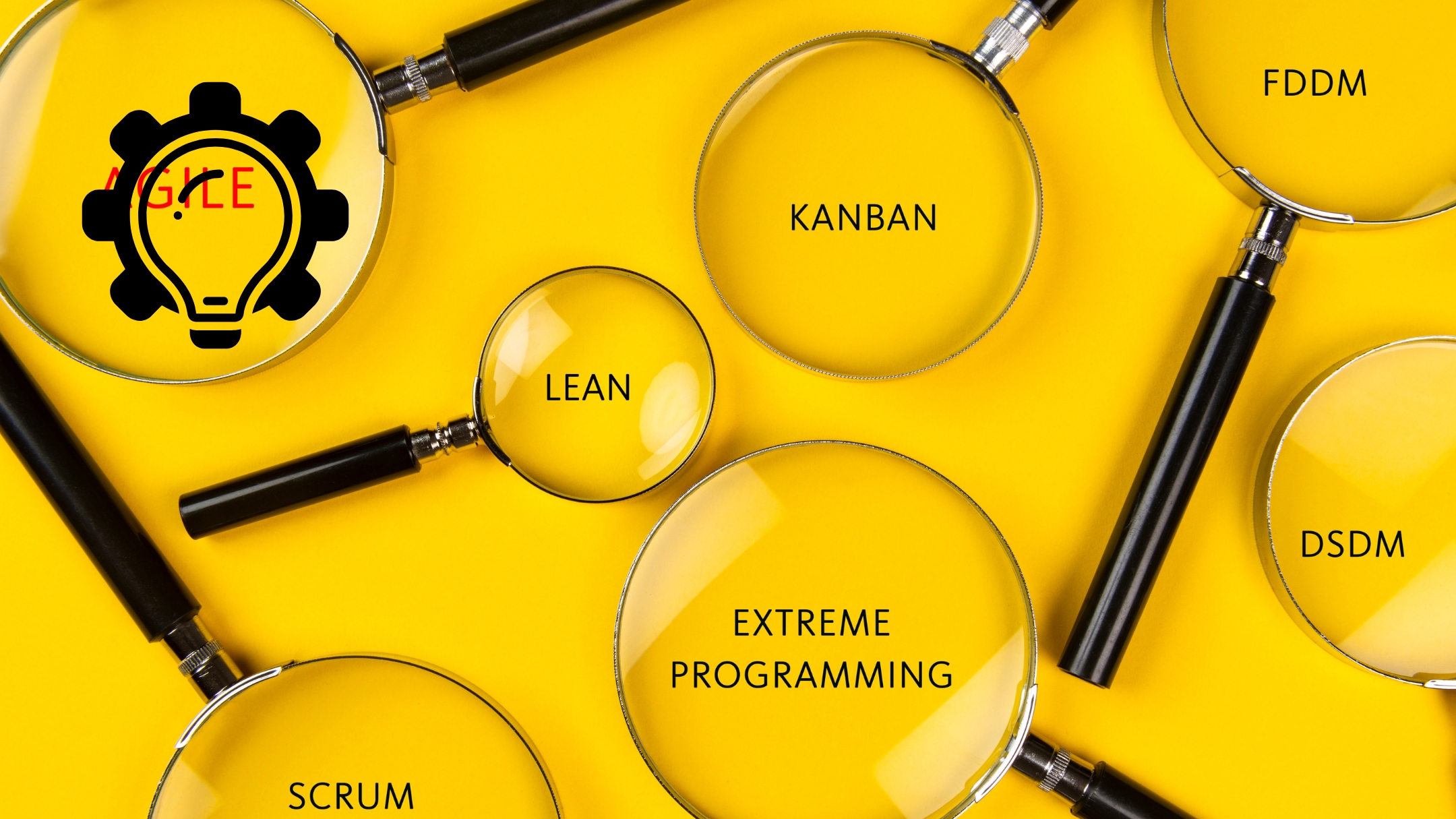Too Big to Be Successful?

Too Big to Be Successful: The United Kingdom’s leadership of the 2021 United Nations Climate Change Conference (COP26) and the United Nations Special Envoy on Climate Action and Finance, Mark Carney, established the Glasgow Financial Alliance for Net Zero (GFANZ) in April 2021. The objective is to assist in modifying the financial sector’s business models to facilitate the economy’s decarbonization. One of the four primary goals of the 26th United Nations Framework Convention on Climate Change (COP26)—to mobilize financial means to achieve carbon neutrality by 2050—was to help bring about this event, which took place in November in Glasgow. At COP 26, delegates urged the commercial sector to pitch in.
More than 550 companies from over 50 countries (jurisdictions) are a part of GFANZ, which boasts seven sector-specific alliances and a total of more than US$150 trillion in managed and held assets. With 11,309 other non-state entities, GFANZ is a part of the United Nations’ Race To Zero initiative, which aims to achieve zero net carbon emissions by 2050.
The seven sector alliances are:

- Net-Zero Asset Owner Alliance (NZAOA),
- Net-Zero Asset Managers Initiative (NZAM),
- Paris Aligned Asset Owners (PAAO),
- Net-Zero Banking Alliance (NZBA),
- Net-Zero Insurance Alliance (NZIA),
- Net-Zero Financial Service Providers Alliance (NZFSPA)
- Net-Zero Investment Consultants Initiative (NZICI)
Members of GFANZ “have individually committed to meeting the Race to Zero’s strict criteria, pledging to transition the emissions of their financed portfolios to net zero by 2050, develop net-zero transition strategies, set interim targets, and report progress annually,” as stated on the GFANZ website.
GFANZ has defined three lines of action:
- “Financial Institution Net-Zero Transition Plans” to “support coalition efforts that translate net-zero pledges into actionable, near-term, science-based transition plans”.
- “Mobilising Capital for Emerging Markets and Developing Economies” striving “to accelerate capital allocation in support of net-zero transition in emerging markets and developing economies.”
- “Net-zero Public Policy” aims at driving “ambitious and credible public policies that support, incentivise, and enable the net-zero transition”.
“While 2021 and 2022 were primarily focused on commitments and providing the pan-sector frameworks and guidance Too Big to Be Successful operational these commitments, 2023 will be a year of action,” GFANZ stated in its 2022 Progress Report. Since GFANZ can only punish in the form of public shame, the statement serves more as a rallying cry than a strategy for change. GFANZ is under fire for allegedly not fulfilling its promises because of the many challenges it encounters.
The establishment of sector-specific guidelines and standards is, first and foremost, weighed down by the need to Be Successful in defining quantifiable and comparable standards in the infamously opaque and complicated financial sector. The goodwill of its members is also required for conformity with these standards, which cannot be enforced. The fact that banks and other financial organizations are not the principal culprits in the rise in global warming is a contributing factor. They focus solely on the “financed emissions” associated with lending and investing by financial firms. Therefore, the time it takes to repay short-term loans for long-term infrastructure, such as liquefied natural gas facilities, will only have an impact in the short term. It is also challenging for banks to collect reliable customer emissions data.
General Methodological Problems

Inadequate timeframes, coverage, and aims are associated with more systemic methodological issues. To determine if its members achieve the Return Too Big to Be Successful Zero criterion of a 50% decrease by 2030, it is essential to look at the 2025 target that only one sector established. We also discovered that the NZAM sector’s aims are tied to net zero as a percentage of their assets under management (AUM) rather than real reductions to their funded emissions.
Following Secretary-General Antonio Guterres’ assertion that fossil-fuel companies and their financiers “have humanity by the throat,” the UN Race to Zero campaign has imposed increasingly stringent requirements, putting GFANZ under pressure. “Race to Zero does not have the ability to impose requirements either on the NZBA as a whole or on individual members.” In response, the chair of the banking sector, NZBA, made this statement in response to emphasising the sector’s autonomy.
US State Attorneys General
U.S. banks’ withdrawal threats from the alliance mostly dictate NZBA’s stance. In the United States, the Alliance engaged in a heated political debate. The six largest US banks are under civil probe requests from a group of US state attorneys who say their ESG actions hurt the energy sector. “The last thing Americans need right now is corporate activists helping the left bankrupt our fossil fuel industry,” said Texas Attorney General Ken Paxton, emphasizing the controversial subject. Republican-led states are trying to implement “anti-woke” legislation. To punish financial giants like BlackRock and banks for harming the energy sector. About half of GFANZ’s assets are NZBA.
As a result, the Alliance severed links with the Race to Zero program in theirAlliancecent Progress Report. In the 2021 Progress Report, GFANZ maintained that all members must adhere to the Race to Zero standards. However, the 2022 report only requests that members “take note of the advice and guidance” of Race to Zero and other relevant entities. Meanwhile, FGANZ is facing increasing criticism from civic society. A group of non-governmental organizations (NGOs) presented a report, Too Big to Be Successful, at the World Economic Forum 2023 in Davos. Asserting that 161 of the GFANZ members were involved in funding 229 of the biggest fossil fuel developers in the world. This funding will allegedly go toward constructing new coal power plants, gas fields, mines, ports, and other infrastructure.
Is GFANZ a mistaken concept?
Is the GFANZ model flawed? “The central flaw has been to overlook the incentive structure,” says Nobel laureate William Nordhaus, claiming the framework. How international climate accords have been built is flawed. Nations have negotiated voluntary accords that encourage free-riding. They fail to accept the reality that the problem of climate change poses a prisoner’s dilemma. Nordhaus takes a radical and robust stance.
The fact that many GFANZ members followed the rules and standards led to Too Big to Be Successful business cases. GFANZ risks being neither too tiny nor too big if political influence prevents a level playing field. Methodological gaps, opportunistic free-riding and greenwashing, or the lack of crucial participants. However, the story should not conclude here. Indeed, the global political community and its institutions should choose Earth’s future, not the faceless market. But looking at it this way is rather bleak.
Remember that GFANZ is just a tiny piece of the financial puzzle. Notably, not represented at GFANZ are the four biggest banks in the world, with every single bank in Russia and India. Eight of the most prominent asset managers in the US, several private equity firms, and the expanding shadow banking system. Stricter Race to Zero policies have had unintended negative consequences. Casting doubt on the UN’s authority as the most established and comprehensive global framework. We are experiencing a perfect storm, not a new era for global environmental solutions. Developing due to the unstable energy markets and the increasing tensions among the world’s leading political players.